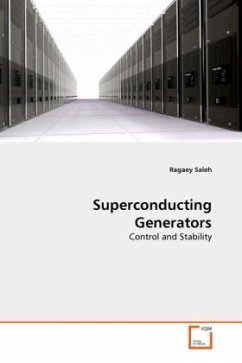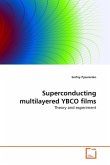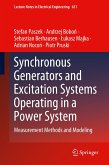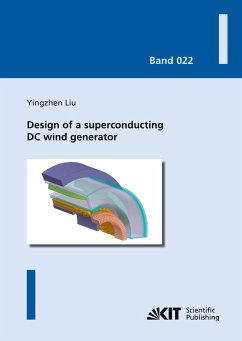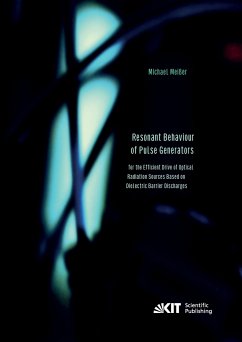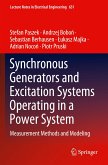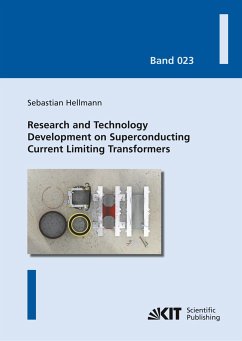Superconducting generators (SCGs) have several potential advantages compared with conventional generators. However, SCGs also have characteristics that degrade their stability when connected to the power system. Therefore, an important aspect of the design of superconducting generators concerns stability following a major system disturbance. The extremely long field winding time constant and the shielding effect of the rotor screens make the damping of mechanical oscillations of SCG very difficult using excitation control. Governor control hence becomes the principal avenue available for stability enhancement of SCGs. The book first presents a brief review of the field of superconducting materials, their properties and their applications in the electrical power sector. The technological development and advantages of each application are highlighted with particular attention given to SCGs. The principal contributions of this book concern the development of improved stabilizers forSCGs using AI techniques. The results presented in the book can form a useful guide for power system engineers in assessing modern control techniques for stabilizing SCGs.
Bitte wählen Sie Ihr Anliegen aus.
Rechnungen
Retourenschein anfordern
Bestellstatus
Storno

